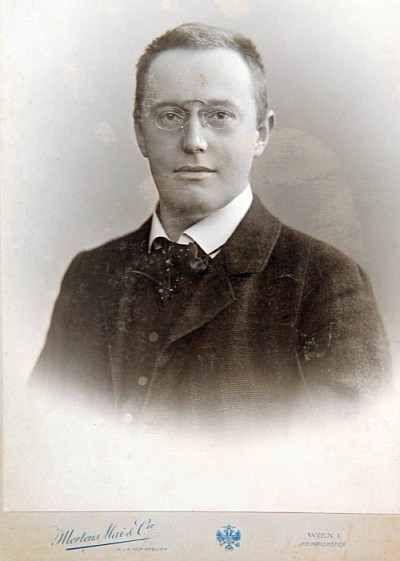Theodor Streicher
Настоящее имя: Theodor Streicher
Об исполнителе:
Theodor Streicher (7 June 1874, Vienna — 28 May 1940, Graz) was an Austrian composer from a distinguished family of piano makers, grandson of Johann Baptist Streicher (1796—1871), great-grandson of Nannette Streicher (1769—1833), and great-great-grandson of Johann Andreas Stein (1728—1792). His father, Emil Streicher (1836—1916), took over the business in 1871 after J.B. Streicher passed away. Theodor became the first heir in four generations uninterested in the family oeuvre or business operations. (In 1896, sixty-year-old Emil sold all the company assets to brothers Wilhelm, Ignaz, and Gustav Stingl). Between 1895 and 1900, Theodor Streicher studied counterpoint and composition with Heinrich Schulz-Beuthen and piano with Ferdinand Löwe. Streicher primarily focused on composing vocal music, gaining prominence with his Thirty Songs from Des Knaben Wunderhorn in 1903; the press complimented Theodor as Wolf's successor and the "savior of Germanic song." His career began to rapidly decline in the following two decades, with barely any live performances after 1920; Streicher's last known work, Schaukallieder, is dated 1929/30. One of his few supporters, an Austrian musicologist Viktor Junk (1875—1948), attempted to reinvigorate the public interest in Streicher's music by establishing the Theodor Streicher Gemeinde ("Theodor Streicher Society") in 1934 but didn't achieve any notable results. Streicher was married to Marie Potpeschnigg (1875—1915), the daughter of Austrian pianist and composer Heinrich Potpeschnigg (1847—1932), Hugo Wolf's close friend. Theodor and Marie had seven children, and some of them pursued music careers. After she passed away, Streicher remarried twice; his last wife died of tuberculosis just two years after the wedding. He suffered several strokes in later years and retired at a sanatorium nearby Graz.
